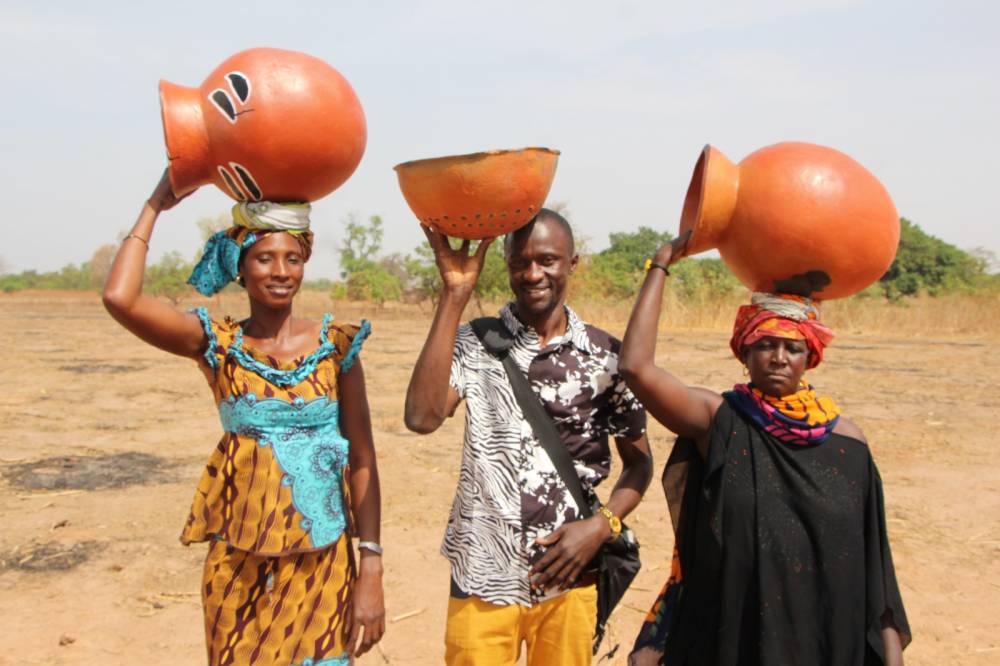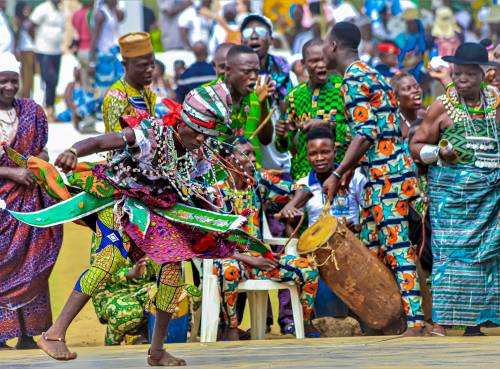The third meeting of the Bureau of the nineteenth session of the Intergovernmental Committee for the Safeguarding of the Intangible Cultural Heritage took place on 1 October 2024. The meeting was chaired by H.E. Ms Nancy Ovelar de Gorostiaga, Ambassador Extraordinary and Plenipotentiary and Permanent Delegate of the Republic of Paraguay to UNESCO.
Four requests for International Assistance up to US$100,000 were examined and approved, representing a total of nearly US$400,000 granted by the Intangible Cultural Heritage Fund.
- In Belize, the project ‘Empowering communities for the safeguarding of Belize’s foodways: a community-based inventory project for sustainable development and disaster resilience’ will equip community members and cultural officers with the knowledge and skills to document, inventory and safeguard living heritage, with a particular focus on foodways representing the country’s various cultural groups. Moreover, the project is expected to enhance the country’s disaster risk preparedness and resilience.
- Another project approved for Equatorial Guinea, is the Implementation of a plan for the safeguarding of the intangible cultural heritage in the country: training and pilot inventory of traditional dances. The project involves a series of training workshops on the principles of the 2003 Convention, safeguarding and awareness-raising activities and conducting a participatory pilot inventory.
- The project ‘Building capacities on intangible cultural heritage inventorying, safeguarding and awareness raising activities in The Gambia’ aims to build the capacities of communities and practitioners and to promote the safeguarding and transmission of country’s intangible cultural heritage. The project has a particular focus on the safeguarding of the Kankurang, Manding initiatory rite, an element inscribed in 2008 on the Representative List of the Intangible Cultural Heritage of Humanity (originally proclaimed in 2005 as part of the Masterpieces of the Oral and Intangible Heritage of Humanity).
- The project ‘Development of a national inventory of intangible cultural heritage in Sao Tome and Principe’ is the first project of its kind in Sao Tome and Principe and will provide the country with an inventory framework and will contribute to build the capacities of communities and safeguarding actors.
It is the first time that Equatorial Guinea, The Gambia and Sao Tome and Principe benefited from International Assistance, which is an illustration that the mechanism continues to expand its geographical reach. The support to Small Island Developing States were significant with the International Assistance granted to Belize and Sao Tome and Principe.
The Intangible Cultural Heritage Fund provides dedicated resources for States Parties to implement a wide range of programmes, projects and activities dedicated to safeguarding intangible cultural heritage, such as community-based inventorying, awareness-raising or specific activities such as safeguarding living heritage in emergencies.
The Bureau members of the nineteenth session of the Intergovernmental Committee are: Germany, Uzbekistan, Viet Nam, Angola and Mauritania.
Evento:
-
Third meeting of the 19.COM Bureau (1 de octubre de 2024 – 1 de octubre de 2024)




